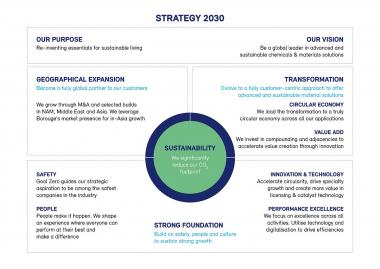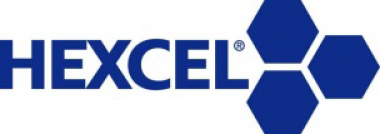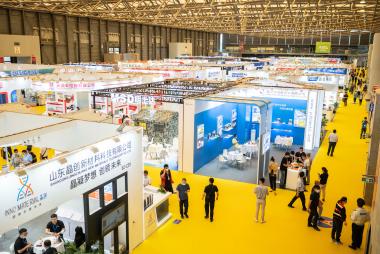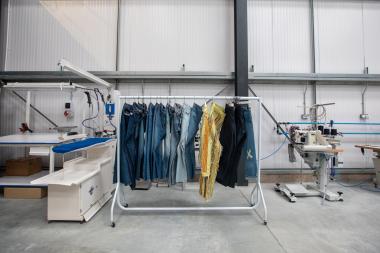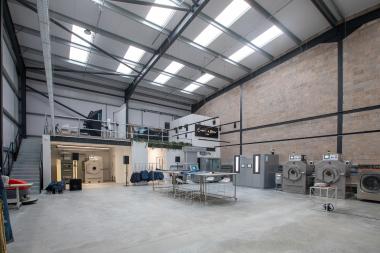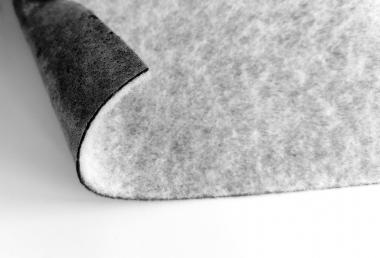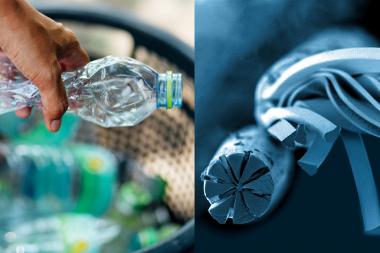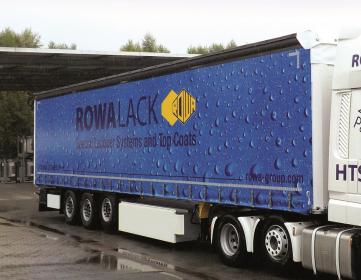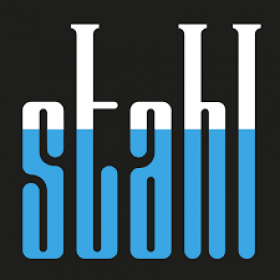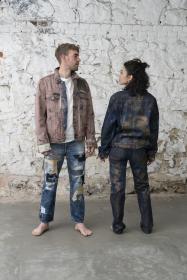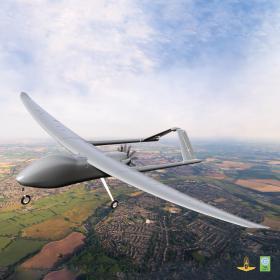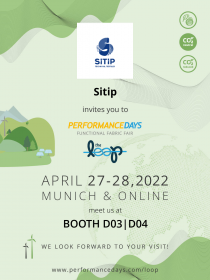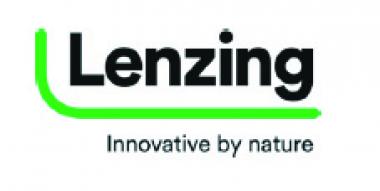Lenzing partners with TfS to build global sustainable supply chains
-
Lenzing continues to focus on partnering for systemic change
-
Clear commitment to improving the environmental footprint of textile and nonwoven industries
-
Global initiative TfS promotes sustainable design of global supply chains
The Lenzing Group, a world-leading provider of wood-based specialty fibers for the global textile and nonwoven industries, has joined the chemical industry’s sustainable supply chain initiative, Together for Sustainability (TfS). Together with Lenzing, numerous internationally active chemical companies have joined the initiative. Their common goal is to make the global supply chains of the chemical industry sustainable.
“Joining the TfS initiative is another clear commitment to improving the environmental footprint of the global textile and nonwoven industries and proves that sustainability is taken very seriously at Lenzing – so much so that sustainability is at the heart of our business strategy. So much so, it sits at the core of the Group’s business strategy. The industry needs innovation in order to transition from linear to circular ways of working, and Lenzing will continue to partner across the supply chain to bring this vision to life,” says Robert van de Kerkhof, Chief Commercial Officer Fiber at Lenzing.
Partnering for systemic change
Complex global sustainability challenges require a collaborative approach to developing systemic solutions, involving many stakeholder groups. In order to make the global textile and nonwovens industries more sustainable and bring about systemic change, Lenzing has therefore also been building on partnerships within its sustainability strategy “Naturally Positive” for many years.
“I am very proud to welcome Lenzing to the TfS family, bringing the TfS membership to 37 companies. Together and with our strategic partners we continue to expand our reach and increase our impact on the sustainability performance in chemical supply chains. Given the regulatory landscape, climate challenges and market conditions, the need for sustainable businesses only intensifies. TfS is the crucial enabler to make supply chains and businesses at large more sustainable and contribute to developing a better world”, says TfS President Bertrand Conquéret.
The global TfS initiative follows the principles of the UN Global Compact and Responsible Care.
Lenzing AG








